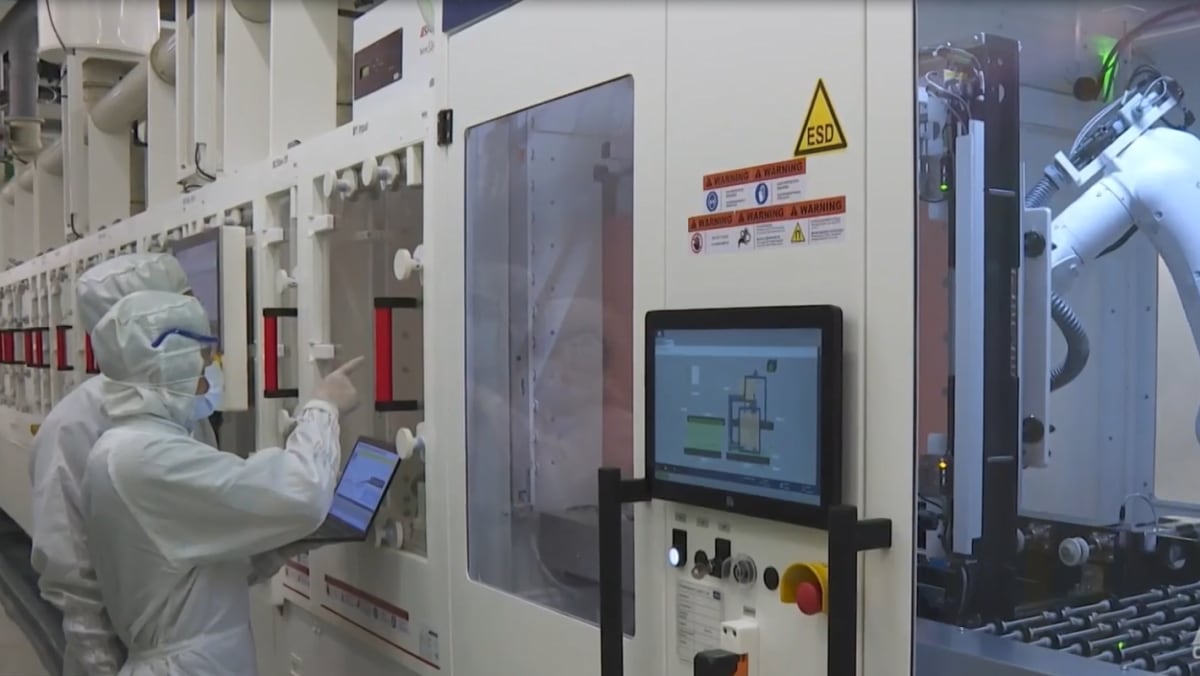Malaysia's semiconductor industry plagued by...


Addressing the brain drain and fostering the production of engineers requires a multifaceted approach that involves educational reform, industry engagement, and supportive government policies. Here are some strategies to consider:
1. Enhance STEM Education Curriculum Modernization: Update school and university curricula to include more hands-on, project-based learning and exposure to the latest technologies. Teacher Training: Invest in training teachers to effectively teach STEM subjects, focusing on practical applications and critical thinking skills. Early Exposure: Introduce STEM concepts early in primary and secondary education to spark interest in engineering fields from a young age.
2. Strengthen University-Industry Collaboration Internship Programs: Develop strong internship and co-op programs that allow students to gain practical experience and make industry connections. Industry-Led Projects: Encourage universities to collaborate with industries on real-world projects, giving students practical experience and industry insights. Research Partnerships: Foster partnerships between universities and companies to work on cutting-edge research, providing students with opportunities to engage in innovative work.
3. Create Supportive Ecosystems Startup Incubators: Establish incubators and innovation hubs that support engineering students and graduates in launching their own startups. Funding and Grants: Provide funding and grants for research and development projects, helping young engineers to pursue their ideas without financial constraints. Mentorship Programs: Develop mentorship programs that connect students and young engineers with experienced professionals who can guide their career development.
4. Improve Employment Conditions Competitive Salaries: Ensure competitive salaries and benefits to make local opportunities more attractive compared to those abroad. Career Development: Offer clear career progression paths and opportunities for continuous professional development. Work-Life Balance: Promote a healthy work-life balance to retain talent who might otherwise look for better conditions elsewhere.
5. Promote the Value of Engineering Public Awareness Campaigns: Launch campaigns to highlight the importance of engineering to society, showcasing success stories and the impact engineers have on innovation and infrastructure. Role Models: Highlight successful engineers as role models to inspire the next generation.
6. Government Policies and Support Incentives for Returning Professionals: Provide incentives for Malaysian engineers working abroad to return home, such as tax breaks, relocation assistance, and housing support. Scholarships and Loans: Offer scholarships and student loans for engineering studies, with conditions for graduates to work in the country for a certain period. Immigration Policies: Develop policies that make it easier for foreign experts to work in Malaysia, contributing to the local knowledge pool and mentoring local engineers.
7. Addressing Specific Needs of the IoT Sector Targeted Training Programs: Develop specialized training programs in IoT, AI, and related fields to meet industry demands. Certification Programs: Implement certification programs to validate skills in specific areas of IoT and digital technologies, enhancing employability. Hackathons and Competitions: Organize hackathons and competitions focused on IoT innovations to stimulate interest and creativity among students and professionals. By implementing these strategies, Malaysia can not only stop the brain drain but also build a robust pipeline of talented engineers who are equipped to drive the nation's technological advancement and economic growth.
